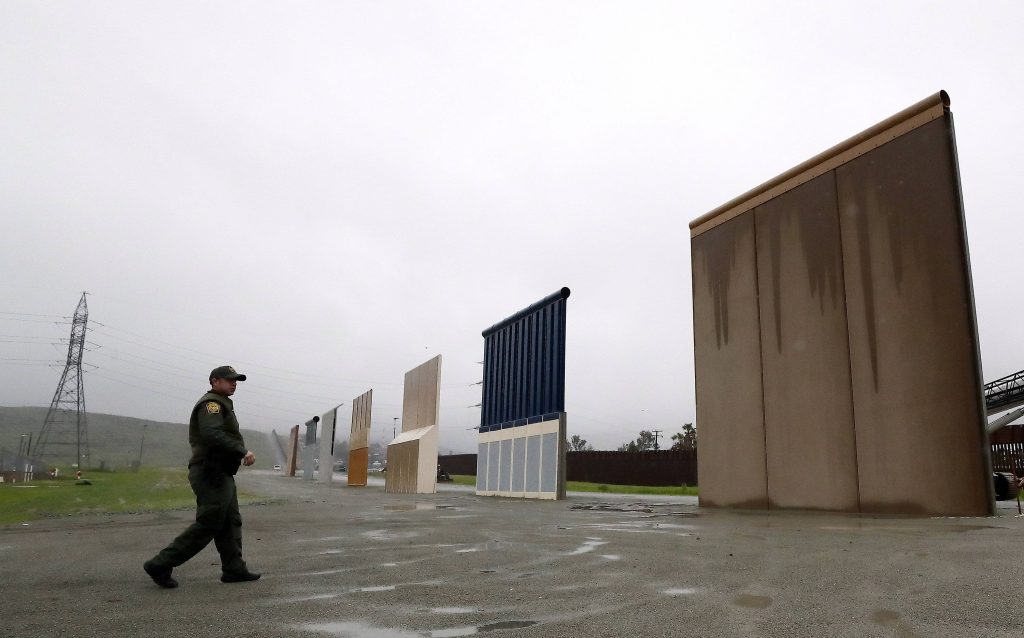Washington: A US federal judge has passed an order temporarily blocking President Donald Trump’s plan to build part of a Mexico border wall with funds secured under his national Emergency declaration.
The ruling was passed by US District Court Judge Haywood Gilliam of Oakland, California, Friday night after the American Civil Liberties Union (ACLU) filed a lawsuit on behalf of the Sierra Club environmental organization and the Southern Border Communities Coalition.
Another was filed by a coalition of 20 US states.
“The position that when Congress declines the Executive’s request to appropriate funds, the Executive nonetheless may simply find a way to spend those funds ‘without Congress’ does not square with fundamental separation of powers principles dating back to the earliest days of our Republic,” the judge said in his temporary injunction.
Although the ruling does not prevent the Trump administration from using funds from other sources to build the projects, it’s a setback for the President on a signature agenda item that has consistently been thwarted by Democrats in Congress, CNN reported.
Construction on the projects affected by the ruling could have begun as early as Saturday, according to the ruling.
The ACLU said on Twitter that it had won its motion on behalf of the Sierra Club and the SBCC to block the ‘illegal construction of Trump’s border wall’.
“Construction using money illegally diverted under the President’s Emergency declaration was set to begin as soon as tomorrow. This is a win for our system of checks and balances, the rule of law, and border communities,” it said.
“The court blocked all wall projects currently slated for immediate construction. If the Trump administration begins illegally diverting additional funds, we’ll be back in court,” it added.
In February, after a 35-day partial government shutdown, Congress approved $1.375 billion to replace or extend existing barriers along the wall.
The figure was much lower than the $5.7 billion sum Trump had demanded. He then declared a national Emergency aiming to secure additional money through diverting military, Defence and Treasury funds.
“Congress’ ‘absolute’ control over federal expenditures – even when that control may frustrate the desires of the Executive Branch regarding initiatives it views as important – is not a bug in our constitutional system. It is a feature of that system, and an essential one,” the ruling said.
IANS
